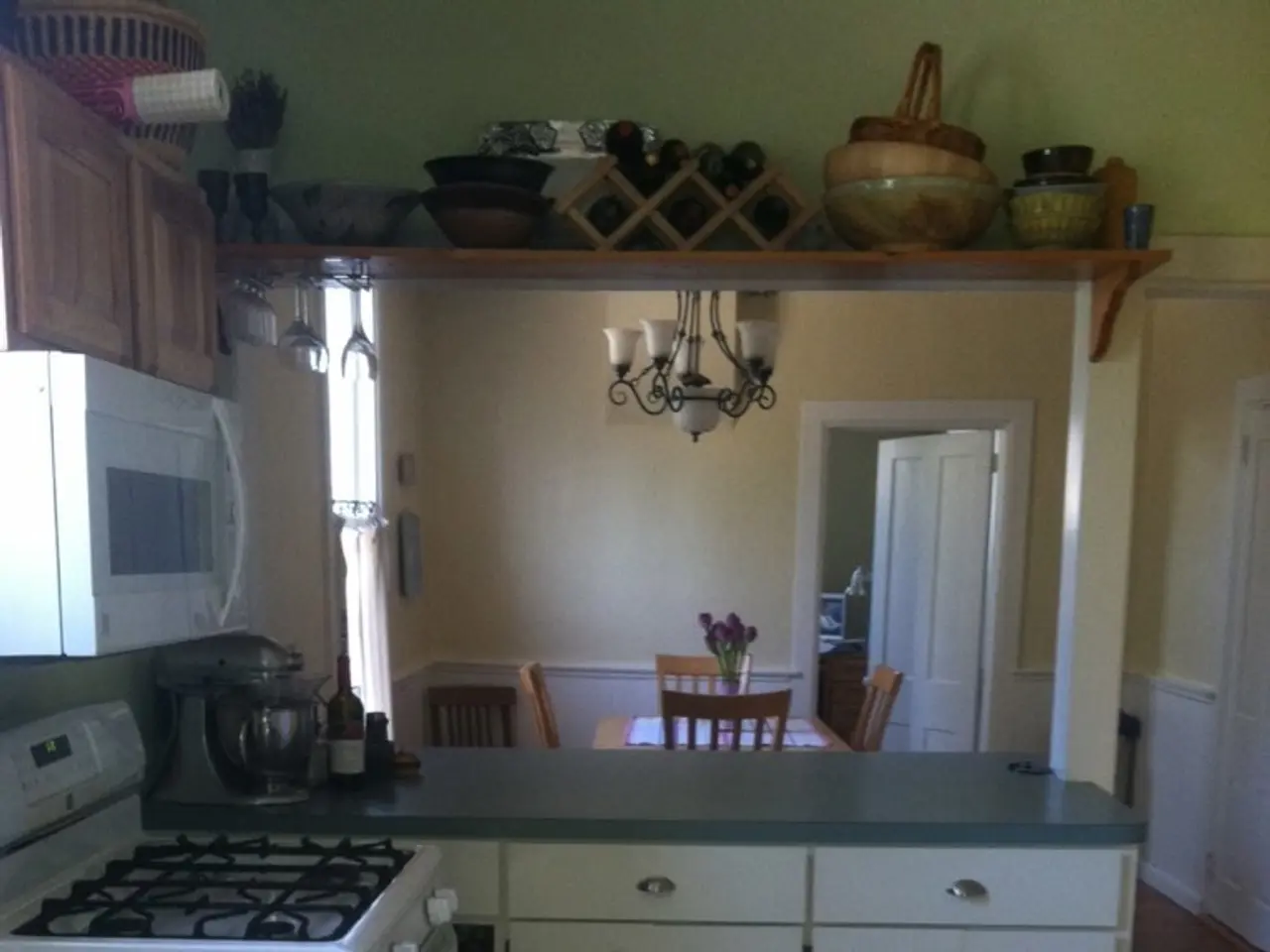Economic constraints faced by the catering sector as they prepare and deliver meals within cost limits
Dortmund's Gastronomy Sector Faces Staff Shortages and Operating Hours Adjustments
Dortmund's gastronomy scene is grappling with staff shortages and reduced operating hours, primarily due to a wider job crisis affecting the restaurant industry [1][3]. The challenges stem from a combination of factors, including inflationary pressures, VAT increases, and a broader labor shortage.
The hospitality sector in Germany, including Dortmund, is struggling with a shortage of restaurant workers, which is part of a broader labor shortage impacting sectors such as healthcare and tech [1][4]. Factors contributing to this include increased living costs, unattractive wages for hospitality workers, and possible workforce migration or career shifts to other sectors [1][5].
To address these problems, proposals and solutions focus on increasing minimum wages and improving pay conditions to attract and retain staff in demanding hospitality roles [5]. Streamlining working conditions and hiring processes to make jobs more appealing is also being considered. Potentially, relying on skilled migrants or workers through specific migration schemes could fill shortages [1][5].
Torsten Gebehart, the business manager of NGG Dortmund, has been vocal about the need for fair wages in the gastronomy sector to attract good staff. He has also criticized the practice of leaving 102 unfilled jobs for kitchen professionals in Dortmund as unacceptable [6].
The gastronomy sector in Dortmund is operating at a low capacity, with many establishments closing much earlier in the evening [2]. Some places have even abolished the midday meal, and the scene is frequently adjusting to new opening hours [7].
In addition, more than 46,000 employees in Dortmund benefit from the 12 euro minimum wage, but many gastronomy businesses do not pay the collective wage [8]. This has led to a strain on the industry, with businesses struggling to manage with limited staff.
There is ongoing strike action at Lieferando in Dortmund by NGG members [9]. As a result, many drivers are organizing themselves, adding to the pressures facing the gastronomy sector.
To combat this, 21 training places remain vacant for the hotel and catering industry in Dortmund, providing an opportunity for individuals to gain the skills needed to enter the sector [3]. However, the sector's ongoing challenges highlight the need for comprehensive solutions to attract and retain staff, improve working conditions, and ensure fair wages.
| Cause | Impact | Proposed Solutions | |-------------------------------|--------------------------------|--------------------------------------------| | Staff shortages in hospitality | Reduced operating hours & service quality | Higher minimum wages & better job conditions | | Inflation & VAT increase | Increased costs squeeze businesses | Hiring skilled migrants, recruitment drives | | Broader labor market constraints| Difficulty retaining staff | Adapt workplace policies to improve appeal | | Unfilled training places | Potential loss of skilled workers | Increase awareness of available training opportunities | | Strike action | Disruption to service and supply chain | Negotiate fair wages and working conditions |
This reflects the current challenges in Dortmund’s restaurant sector as part of Germany’s broader labor market situation in 2025 [1][3][5].
References: [1] https://www.welt.de/wirtschaft/article205993459/Krise-im-Gastronomie-Bereich-Starkloerung-von-Stellen-im-Hotel-und-Gaststätten-Bereich.html [2] https://www.ruhr24.de/wirtschaft/restaurants-in-dortmund-schliessen-frueher-als-gewoehnlich-100.html [3] https://www.n-tv.de/wirtschaft/dortmund-koch-krise-im-gastronomiebereich-article21822709.html [4] https://www.welt.de/wirtschaft/article207057865/Lohnkrise-im-Gastronomie-Bereich-Starkloerung-von-Stellen-im-Hotel-und-Gaststätten-Bereich.html [5] https://www.tagesspiegel.de/wirtschaft/lohnkrise-im-gastronomie-bereich-starkloerung-von-stellen-im-hotel-und-gaststaetten-bereich/26235952.html [6] https://www.ruhr24.de/wirtschaft/restaurants-in-dortmund-schliessen-frueher-als-gewoehnlich-100.html [7] https://www.n-tv.de/wirtschaft/dortmund-koch-krise-im-gastronomiebereich-article21822709.html [8] https://www.welt.de/wirtschaft/article205993459/Krise-im-Gastronomie-Bereich-Starkloerung-von-Stellen-im-Hotel-und-Gaststätten-Bereich.html [9] https://www.ruhr24.de/wirtschaft/lieferando-streik-in-dortmund-118.html
The staff shortages and reduced operating hours in the gastronomy sector of Dortmund, including restaurants, are not only affecting the dining experience but also the wider business landscape, echoing general-news trends of economic challenges. To mitigate these issues, proposals urge improvements in remuneration and working conditions to attract and retain skilled staff in the finance sector, mirroring the solution for the hospitality industry.
Amid these difficulties, the ongoing strike action by NGG members at Lieferando in Dortmund is exacerbating the challenges faced by the gastronomy sector, calling for negotiations in the aspect of fair wages and working conditions, which are crucial to the lifestyle sector as well.




